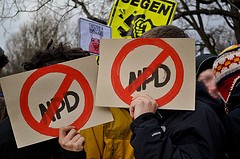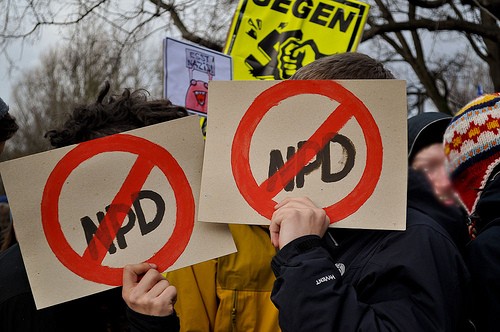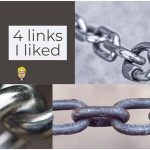Banning the NPD – What is at Stake?
Germany’s NPD may be a racist, if not neo-Nazi outfit, but it enjoys the full protection and privileges the German constitution grants to parties. While the party is legal, it is entitled to state funding proportional to its (puny) electoral results. It can only be banned if six of the country’s eight supreme judges agree on a ruling, and only three institutions – the federal government, the federal parliament, and the federal council (the assembly of minister presidents) – can instigate this legal procedure in the first place. The country’s supreme court has only ever banned two parties: the neo-Nazi SRP in 1952 and the communist KPD in 1956.
Banning the NPD: The Story so Far
In 2003, a first attempt to ban the NPD spectacularly collapsed when it transpired that an unspecified number of leading characters in the NPD was actually on the payrolls of various federal and state-level police forces and secret services, who refused to reveal the identities of their informers. A qualified minority of three judges felt that under these circumstances, it was impossible to separate the actions of the party from the intentions of their puppeteers, and so refused to hear the case. Obviously, this was hugely embarrassing for the state, while the NPD predictably claimed that they had won a seal of approval from Germany’s top court.


Against the advice of just about everybody, the federal council made a new attempt to have the NPD banned in 2013. The then CDU/CSU/FDP federal government and their majority in parliament refused to support that bid (which led to predictable political backlash), arguing that it would run into the very same problems. But the minister presidents argued that they had “switched off” their sources within the party in time, and that the new evidence was not uncontaminated.
The Trouble With NPD Informers
Since December 2013, the court has been pondering the bid, giving now hint as to when a ruling could be expected. But yesterday, someone discovered a bombshell on the court’s website: On Thursday last week, the judges had ruled that they demand more evidence – evidence for the alleged “switching-off” of the informers, that is. Specifically, they want to see a (written) memorandum between federal and state authorities that is referenced but not included in the bid. More generally, they want proof that the sources were indeed de-activated and have not been contacted since. I have no idea what such negative evidence could look like, and the tone of the ruling, which sets the federal council a two-month deadline, is pretty exasperated. So we might be in for another round of high-profile embarrassment.
Photo by Prokura
Discover more from kai arzheimer
Subscribe to get the latest posts sent to your email.



Why #Germany’s #NPD Might Not Be Banned After All http://t.co/LdMWYKXeFa One for @macklin_gd
RT @kai_arzheimer: New blog: Why #Germany’s #NPD Might Not Be Banned After All http://t.co/rCKWg4vPrm One for @macklin_gd